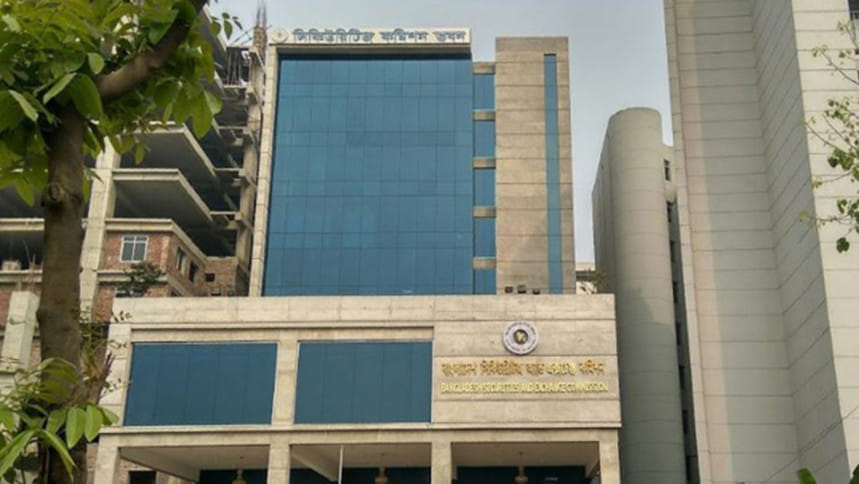Don’t punish us for the misconduct of others

Top business leaders called on the government not to penalise honest entrepreneurs because of a few bad actors in the stock market.
Speaking at a discussion in Dhaka yesterday, they said that rigid regulations could discourage strong companies from entering the stock market.
At the programme, footwear entrepreneur Syed Nasim Manzur cited the example of initial public offerings (IPOs), where investors are often denied fair pricing, eventually leading to a lack of incentive for quality firms to list.
"There was once a policy that ensured proper stock valuation," said Manzur, managing director of Apex Footwear. "But it was scrapped after some misused it to artificially inflate share prices."
As a special guest at the discussion titled "Expansion of the Capital Market: A Framework for Sustainable Economic Growth", he referred to rules that restrict companies from using more than one-third of raised funds to repay loans and questioned the logic of placing such limits.
"If you don't trust a company, then don't let it go public," he said. "But if you do allow it to raise funds, then give it some flexibility."
"Say I raise funds today, and tomorrow there is a flood. My needs will change. If I have no flexibility in how I use the funds, that creates problems," said Manzur at the discussion organised by the Bangladesh Merchant Bankers Association.
Rigid regulations could discourage strong companies from entering the stock market, experts say
He urged policymakers not to let isolated cases of fund misuse dictate regulations for everyone.
"If someone smuggles money out to buy a house in Dubai, you should not punish the whole sector for that," said the Apex Footwear MD. "Don't tie our hands for some bad guys."
Manzur also called for a wider gap in corporate tax rates between listed and non-listed firms. "If the difference remains below 15 percent, the cost of compliance is simply not worth it," he said.
He added that while the Bangladesh Securities and Exchange Commission (BSEC) should monitor whether declared dividends are properly disbursed, it should not dictate how much a company pays out.
"That decision should be left to companies based on their financial health," he said.
He also suggested cutting down IPO processing times, introducing share buy-back options, and easing the exit process for firms leaving the market.
Uzma Chowdhury, a director at Pran-RFL Group, said companies have different funding needs, so the stock market should offer a variety of instruments to cater to entrepreneurs of all sizes.
Anisuzzaman Chowdhury, a special assistant to the chief adviser, said the interim government is prioritising the stock market and has taken several steps to develop it, though much remains to be done.
Chowdhury commented that Bangladesh suffers from policy coordination issues. "The government is trying to address these, but since there is no blueprint for reform, progress is often made through trial and error," he said.
He added that reforms tend to face resistance because they affect vested interests. "Some people lose privileges during reforms, though the broader economy gains. The problem is the losers tend to be better organised, which is what we saw during efforts to reform the National Board of Revenue."
This resistance, the CA's special assistant said, was slowing the reform process.
Mominul Islam, chairman of the Dhaka Stock Exchange, said a government taskforce had already worked on IPO valuations and that, going forward, market participants would determine prices.
He added that efforts were underway to digitise the IPO process and reduce approval time to two months.
Mazeda Khatun, president of the Bangladesh Merchant Bankers Association, presented a paper at the event.
She said stock market listings not only improved productivity and employment but also enhanced transparency and corporate governance.
"These improvements contribute to higher tax revenues," she said, citing the examples of Robi Axiata, BSRM Steels, Walton and Shasha Denims, whose value-added tax (VAT) and tax payments rose from 48 percent to 356 percent after listing.
She urged authorities to modernise legal frameworks in line with international standards.

 For all latest news, follow The Daily Star's Google News channel.
For all latest news, follow The Daily Star's Google News channel. 



Comments